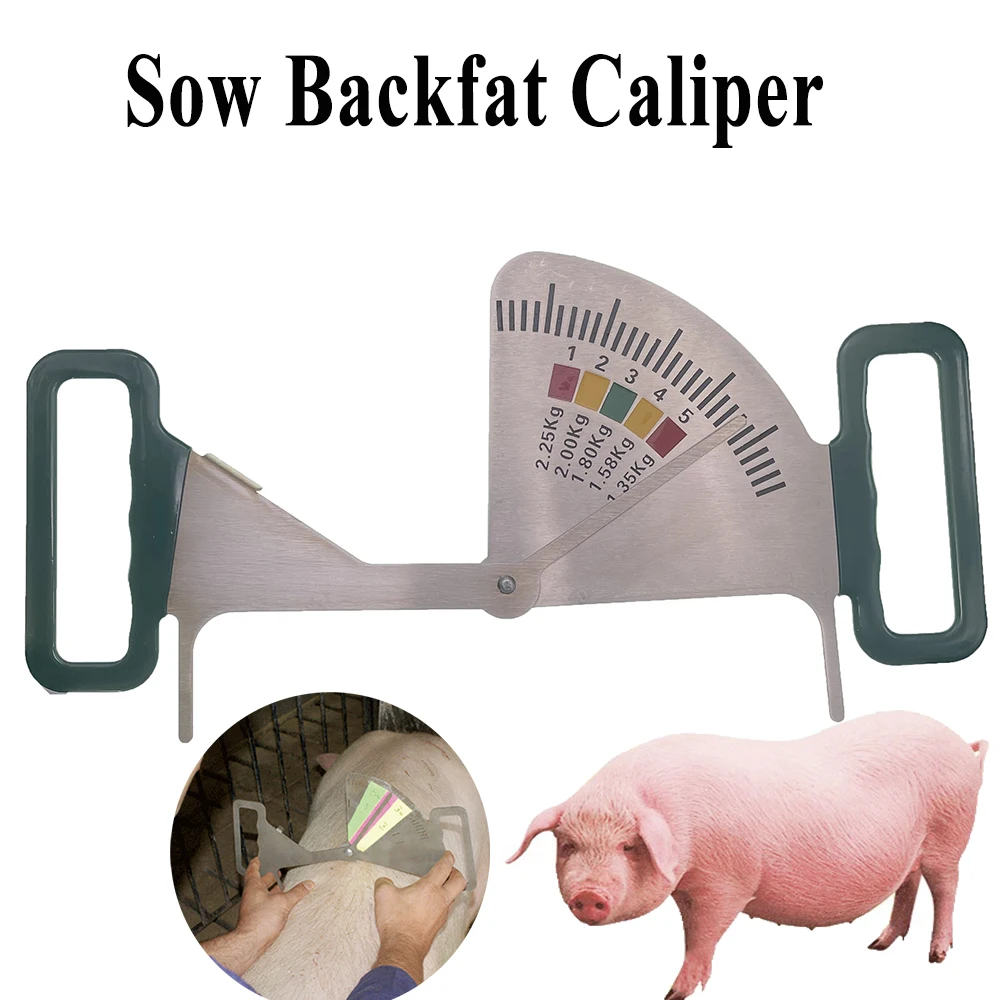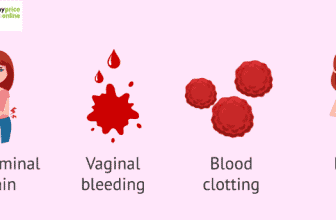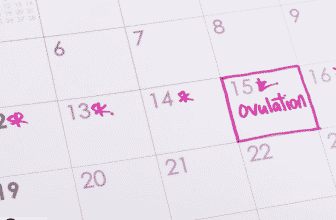
Gestation, You might hear the phrase “gestation” a lot when you’re pregnant. We’ll look at how gestation relates to human pregnancy in this section. We’ll also go through some of the other terminology you’ll come across during your pregnancy, such gestational age and diabetes.
Related: Pregnancy headaches causes and treatment
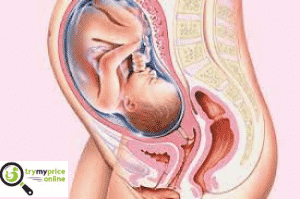
faint line on pregnancy test first response
Gestation
It is the period of time between conception and birth.
Despite the fact that we’re talking about human pregnancy, this term can be applied to any animal.
A fetus develops and grows in the womb throughout pregnancy.
Pregnancy period
The gestation period refers to the length of a woman’s pregnancy.
Between the ages of 38 and 42 weeks of pregnancy, the bulk of babies are born.
The term “premature” refers to newborns born before 37 weeks of pregnancy.
Postmature babies are those born after 42 weeks.
Related: Glucose test pregnancy and its importance
Age at conception
Because the exact date of conception for humans is unknown, gestational age is the most frequent approach to determine how far along a pregnancy is.
The gestational age of your baby determines where they are in their development, such as whether their fingers and toes have formed.
The first day of your last menstrual period is used to calculate your age.
This means that your most recent menstruation is included in your pregnancy.
Your menstruation is an indication that your body is preparing for pregnancy, even if you aren’t pregnant.
Fetal growth does not begin until sperm fertilizes an egg, which occurs at conception.
An ultrasound or after birth can also be used to establish it.
To establish gestational age, your doctor will use an ultrasound to measure the head and abdomen of the baby.
The Ballard Scale, which examines your baby’s physical maturity, is used to establish gestational age after birth.
The embryonic and fetal eras are separated by gestational age.
The embryonic period lasts from week 5 to week 10 of pregnancy, when the embryo implants in your uterus. Week 10 till birth is the fetal period.
Related: Protein creatinine ratio pregnancy calculator and its usage
Fetal age vs. gestational age
Fetal age is determined from the first day of your last menstrual cycle, whereas gestational age is calculated from the day of conception.
This happens during ovulation, therefore the fetal age is approximately two weeks behind it.
This is the fetus’s real age. It is, however, a less precise method of determining pregnancy because, in most situations,
It is impossible to tell when conception occurs in humans.
Related: Early pregnancy discharge in detail
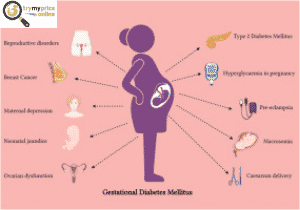
cvs test pregnancy
What is the formula for calculating a due date?
The most precise approach to determine your due date is for your doctor to use an ultrasound in the first trimester to calculate it.
To determine how far along you are, your doctor will take certain measurements.
You can also use the following approach to estimate your due date:
Make a note of when your last menstruation began.
Add seven days to the equation.
Back up three months.
Subtract a year.
Your due date is the day you arrive. This strategy is based on the assumption that you have a consistent menstrual cycle.
So, while it’s not perfect, it’s a good approximation in the vast majority of circumstances.
You can download a pregnancy calculator from amazon
Related: Pregnancy test calculator week by week

To sum up, The term “gestation” refers to the period of time during which you are pregnant. It’s also a part of a slew of other words referring to various elements of pregnancy. Your doctor can use your gestational age to determine if your baby is developing normally.
References:
Midwifery Management of Twin Gestations: An Evidence-Based Approach
5 used from $43.08
Features
| Is Adult Product | |
| Edition | 1 |
| Language | English |
| Number Of Pages | 118 |
| Publication Date | 2015-09-15T00:00:01Z |
Features
| Is Adult Product | |
| Release Date | 2017-10-18T17:53:36.000Z |
| Language | English |
Ketchum Goat Gestation Wheel
$20.35 in stock
Features
| Part Number | XKK-663-065 |
Kindred Bravely Under The Belly Maternity Underwear | Pregnancy Bikini Underwear - 5 Pack (Assorted, Small)
Features
- COMFORTABLE CROSSOVER STYLE - Tired of standard underwear waistbands rolling and folding under your baby belly? Our maternity panty’s low waist, crossover design sits just below your baby belly for maximum comfort.
- IDEAL FOR PREGNANCY AND POSTPARTUM - With a low-rise, crossover front, these maternity panties will reduce pressure on your lower belly during pregnancy and won’t irritate c-section scars or sensitive postpartum skin.
- ULTRA SOFT AND STRETCHY - This under the belly underwear features ultra-soft, stretchy material which naturally conforms to your changing body and doesn’t irritate sensitive skin.
- DESIGNED FOR YOUR EVERYDAY COMFORT - With a clever notched design in the front, non-rolling waistband, and full rear coverage, this pregnancy underwear offers all day comfort and no wedgies or cheek peeks!
- 100% COTTON GUSSET - Our under the belly maternity underwear features a cotton gusset, which is white for convenient monitoring of spotting or discharge during pregnancy.

